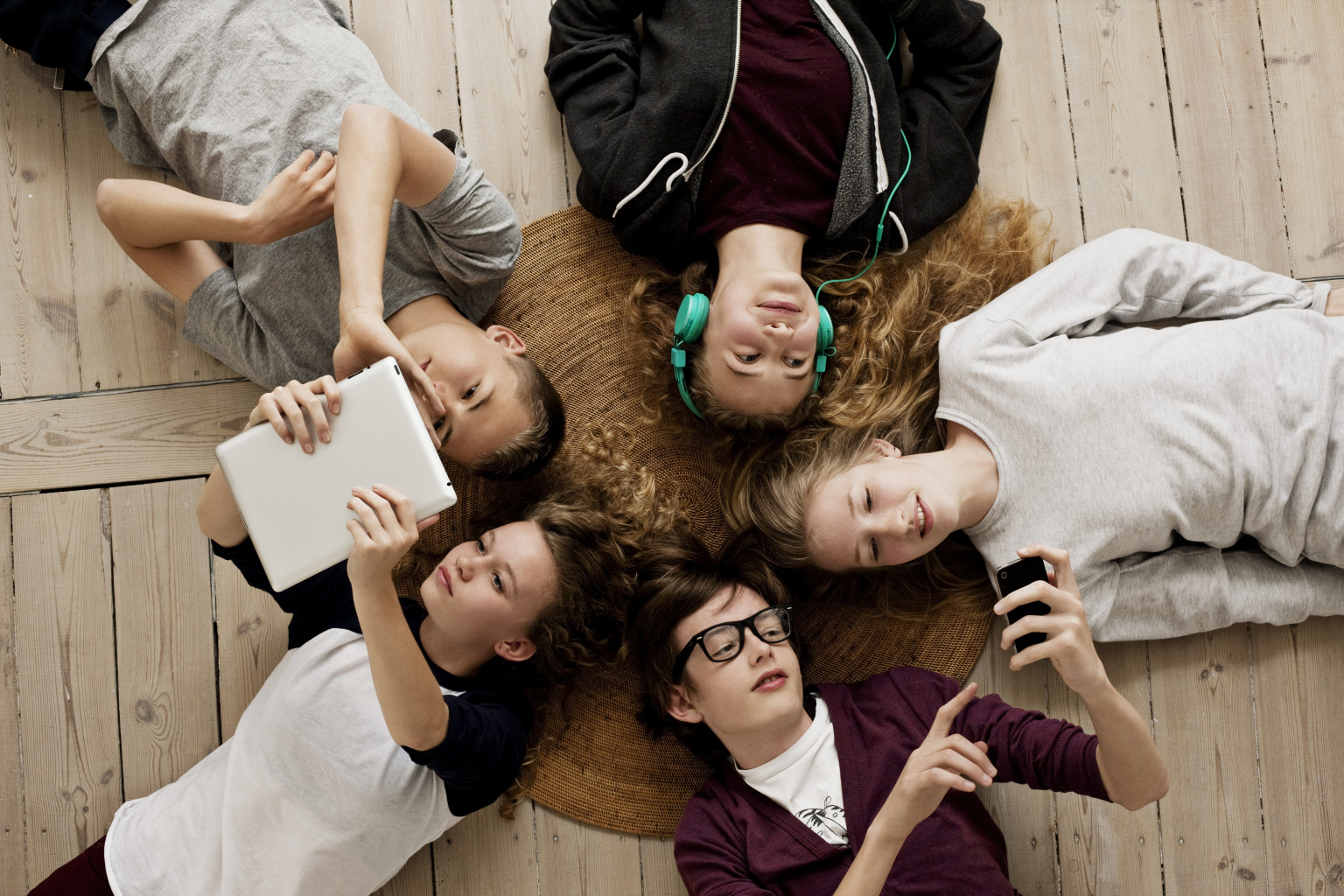[ A guest post by Bob Hand ]
 Employees losing their jobs due to thoughtless actions on social media are commonplace in headlines today. Whether it be a fast food worker tampering with food, a teacher doing drugs, or a bartender going on a racist tirade, the story is usually the same: an impulsive decision ending up with severe consequences.
Employees losing their jobs due to thoughtless actions on social media are commonplace in headlines today. Whether it be a fast food worker tampering with food, a teacher doing drugs, or a bartender going on a racist tirade, the story is usually the same: an impulsive decision ending up with severe consequences.
While these unfortunate incidences can be tasty schadenfreude for onlookers, it is much less entertaining when it happens to you. K-12 students today are learning this the hard way. Many are being suspended, expelled, and even arrested for irresponsible behavior online. This can have a profound effect on future education and employment opportunities.
With a new school year barely underway, there have already been reports of students ruining their futures with poor decisions on social media:
* In Pennsylvania, two female students were suspended after a classroom fight between them was posted on social media.
* A student in Indiana has been recommended for expulsion after an online threat, and security at the school has been bolstered.
* In Illinois, an 18 year old student was arrested for making a death threat towards a school official on Facebook.
Posts on networking sites are usually impulsive, but they can have lasting consequences. Physical confrontations and costly litigation are only the beginning of the potential problems. As social media continues to grow in usage among students and across younger age groups, consider the following etiquette tips that can help prevent it from affecting future opportunities.
The act of making assumptions about a person based on their online habits is called “digital profiling”, and it is increasingly common. Rocky Longworth, the Chief Strategy Officer of BrandStar, states that digital profiling “open(s) the door to stereotyping people through… their social media activity”. You will be judged based on what you share online. Students need to understand the importance of maintaining a positive online reputation.
There is a lack of privacy when it comes to social media, and the opinion that others have of you can be shaped by your actions online. Employers and universities often research applicants online, which begins with scouring social media profiles. While a beer-chugging competition video post can be entertaining for friends, it is a less-than-flattering portrayal for potential employers or admissions officials. Scrubbing your accounts of questionable material beforehand is possible, but nothing can truly be deleted from the internet. Content that has already been shared or saved by others can come back to haunt you.
Major social networking sites have privacy options. Do not assume that your personal information and posts are set to private by default. One of the most basic things students can do to protect themselves is to set up privacy settings on every network they use. For example, a comprehensive list of privacy settings for Facebook can be found here.
People who use social media should differentiate between appropriate and inappropriate content before posting/liking/sharing it. What is considered appropriate will largely depend on your peer group and profession. For example, a teacher was forced to resign simply for posting a photo in which she held a glass of beer. It was a clean photo — there was nothing tawdry about it. However, her profession had stiffer demands, as far as public image is concerned. In other professions, this type of content would be acceptable.
The general rule of thumb, according to Davidson LifeLine, is “if you wouldn’t want your grandma or principal to see it, don’t post it.” It’s generally wise to avoid posting any of these:
| Rants about relationship problems | Anything that will humiliate friends |
| Anything work related, unless positive | Racist/sexist views or jokes |
| “TMI” — unpleasant personal information | Confidential information |
| Photos of doing drugs or drinking alcohol | Nude or partially nude photos |
This is not a comprehensive list. Just keep in mind that anything you post can contribute positively or negatively to your digital profile.
Finally, it is important to respect the privacy of others. Always ask for a person’s permission before talking about them online, or posting a photo/video of them. As demonstrated by constant blunders shown in the news, we are all learning to adapt to responsible social media behavior.
For more information about keeping safe online, click here to learn how sharing personal information on social media can lead to identity theft.

